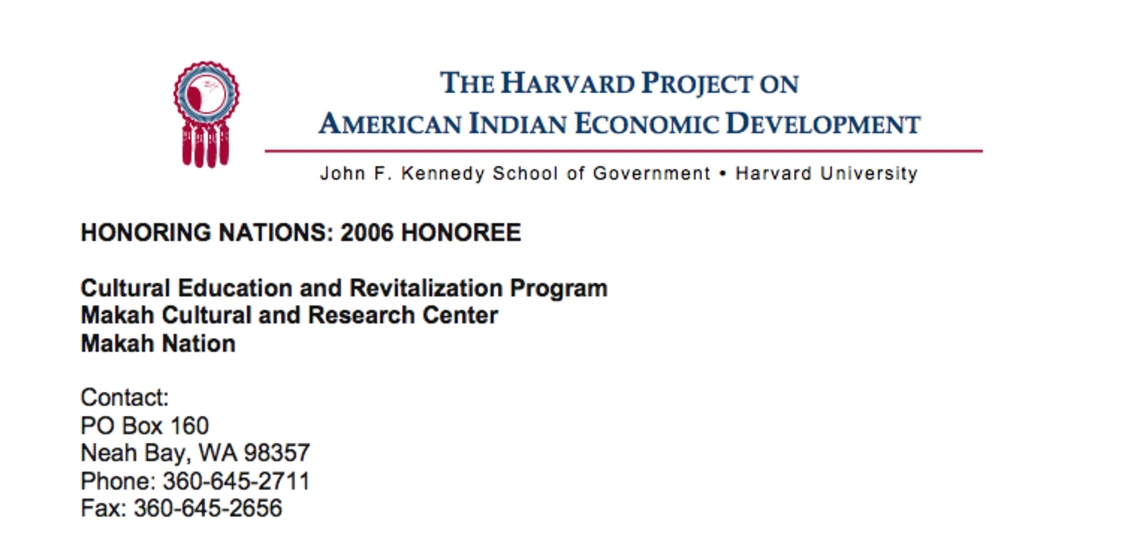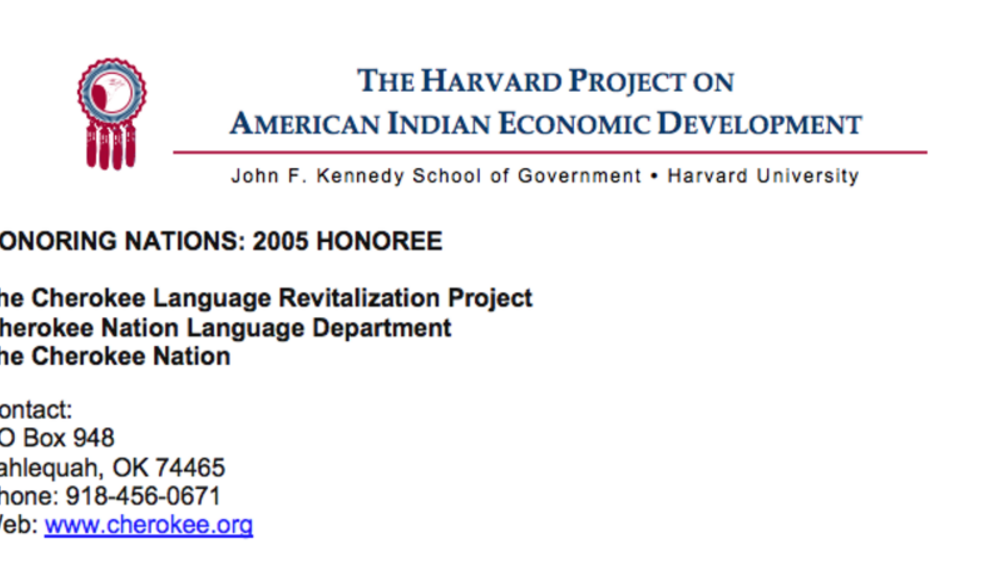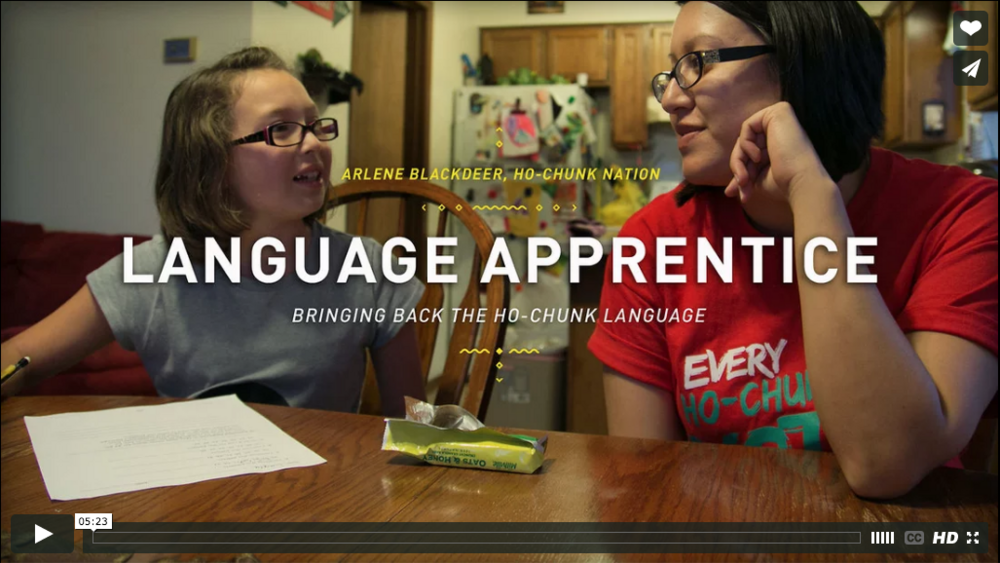The Cultural Education and Revitalization Program serves as the hub of the community and stewards of a world class museum collection. Keen efforts and awareness demonstrated by staff and community members make this Center unique. Programs are truly guided by the needs of the Nation and its citizens. Makah language is taught by certified teachers, while collection labels are categorized in the Makah language and stored according to culturally appropriate relationships. By claiming and caring for the treasures of their ancestors, the Makah Nation ensures the cultural viability of its people.
Additional Information
"Cultural Education and Revitalization Program". Honoring Nations: 2006 Honoree. The Harvard Project on American Indian Economic Development, John F. Kennedy School of Government, Harvard University. Cambridge, Massachusetts. 2007. Report.



